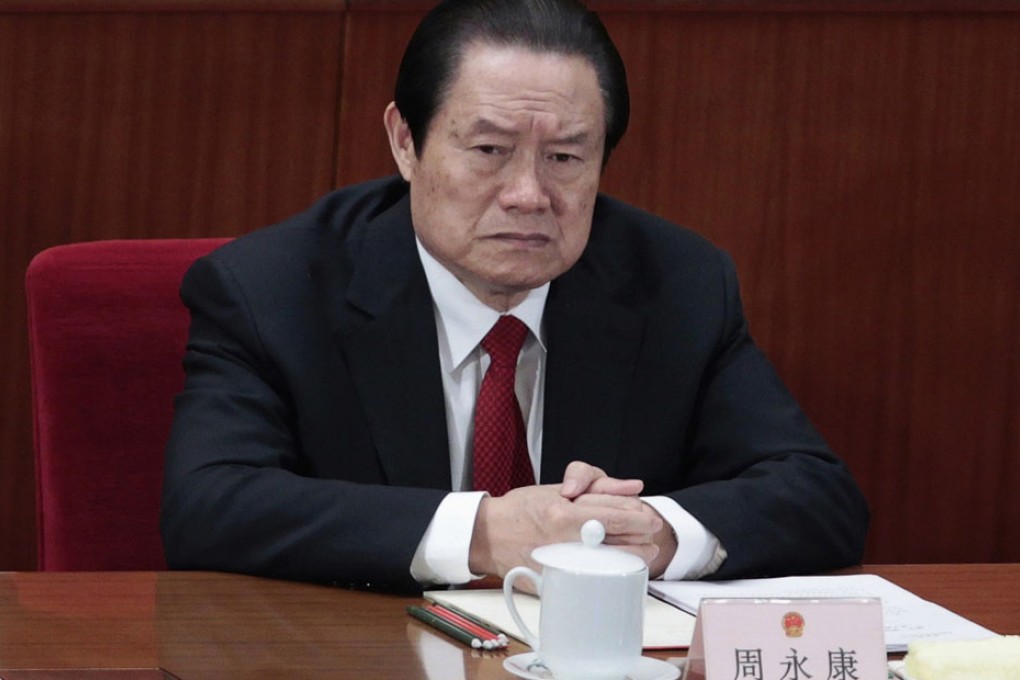China anti-graft agency denies going on political witch-hunt
Watchdog defends corruption crackdown, which is accused of being used to silence political opponents, as comprehensive and unbiased

The mainland's anti-graft watchdog has hit back at suggestions that its corruption crackdown is in fact a political witch-hunt in disguise.
The Central Commission for Discipline and Inspection published a 2,000-character article on its website defending its campaign as broad and unbiased.
The publication of the article suggests, however, that the agency is encountering some resistance as it carries out the campaign President Xi Jinping launched in 2012.
Dozens of senior government officials have since been detained for investigation, including former security tsar Zhou Yongkang, a former member of the Politburo Standing Committee.
The claim that the anti-graft work was selective is groundless
Some have speculated that the campaign is being used by the leadership to silence political enemies.
"The claim that the anti-graft work was selective is groundless," wrote the article's author, Du Zhizhou. Du is an executive director of the Anti-Corruption Research Institute at Beihang University in Beijing.